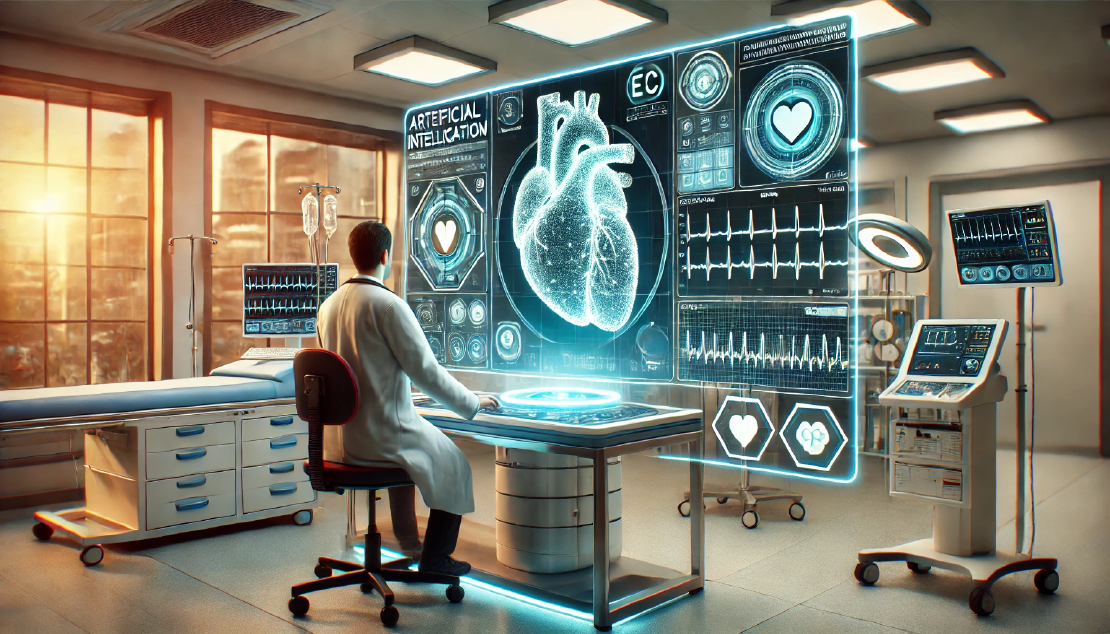
The Future of Cardiac Diagnosis: How AI is Transforming Healthcare
In recent years, artificial intelligence (AI) has made significant strides in various fields, and healthcare is no exception. One of the most promising applications of AI in healthcare is in the realm of cardiac diagnosis. By leveraging advanced algorithms and machine learning techniques, AI-powered platforms are revolutionizing the way we interpret electrocardiograms (ECGs) and diagnose heart conditions.
Real-Time ECG Analysis
Traditional methods of ECG interpretation can be time-consuming and prone to human error. AI-powered systems, on the other hand, can analyze ECG data in real-time, providing instant and accurate results. This not only speeds up the diagnostic process but also ensures that patients receive timely and appropriate care.
Improved Accuracy and Consistency
AI algorithms are trained on vast datasets of ECG recordings, allowing them to recognize patterns and anomalies with a high degree of accuracy. This reduces the likelihood of misdiagnosis and ensures that patients receive consistent and reliable results. Moreover, AI systems can continuously learn and improve over time, further enhancing their diagnostic capabilities.
Seamless Integration with Healthcare Systems
AI-powered cardiac diagnosis platforms can seamlessly integrate with existing healthcare systems, making it easier for healthcare providers to adopt and utilize these technologies. This integration allows for the efficient sharing of patient data and ensures that AI-generated insights are readily available to clinicians.
Enhanced Patient Outcomes
By providing faster and more accurate diagnoses, AI-powered cardiac diagnosis platforms can significantly improve patient outcomes. Early detection of heart conditions allows for timely intervention and treatment, reducing the risk of complications and improving overall patient health.
Ensuring Privacy and Compliance
Data privacy and security are paramount in healthcare. AI-powered platforms are designed with robust security measures to ensure that patient data is handled securely and in compliance with regulations such as HIPAA. This guarantees that sensitive information is protected while still enabling the benefits of AI-driven insights.
Conclusion
The future of cardiac diagnosis is bright, thanks to the advancements in AI technology. By providing real-time analysis, improved accuracy, seamless integration, and enhanced patient outcomes, AI-powered platforms are set to revolutionize the field of cardiology. As we continue to innovate and refine these technologies, the potential for AI to transform healthcare and save lives becomes increasingly evident.

Joel Zamboni is an entrepreneur with a business in technology, digital services, and coffee. Joel’s career was developed in managed services with experience in international and complex enterprise environments. He worked on several projects including the migration of full data centers with thousands of servers to AWS & Google Cloud and more than 20.000 users to G Suite. He has extensive experience in the deployment and monitoring of Web Apps, Content Management, Billing Systems, CRM, ERP in companies like Nextel International, AARP, Natura, AOL, and HP.